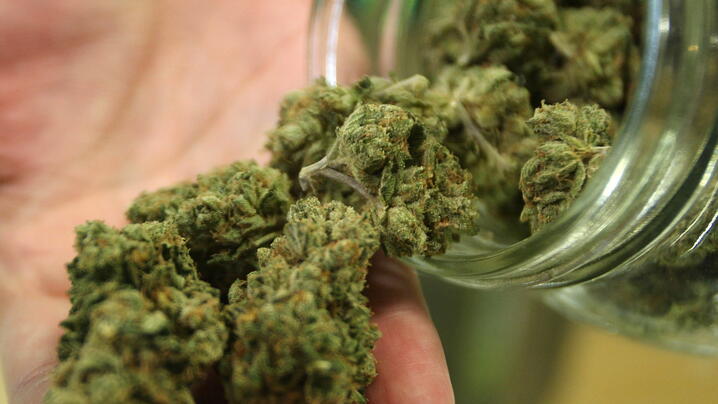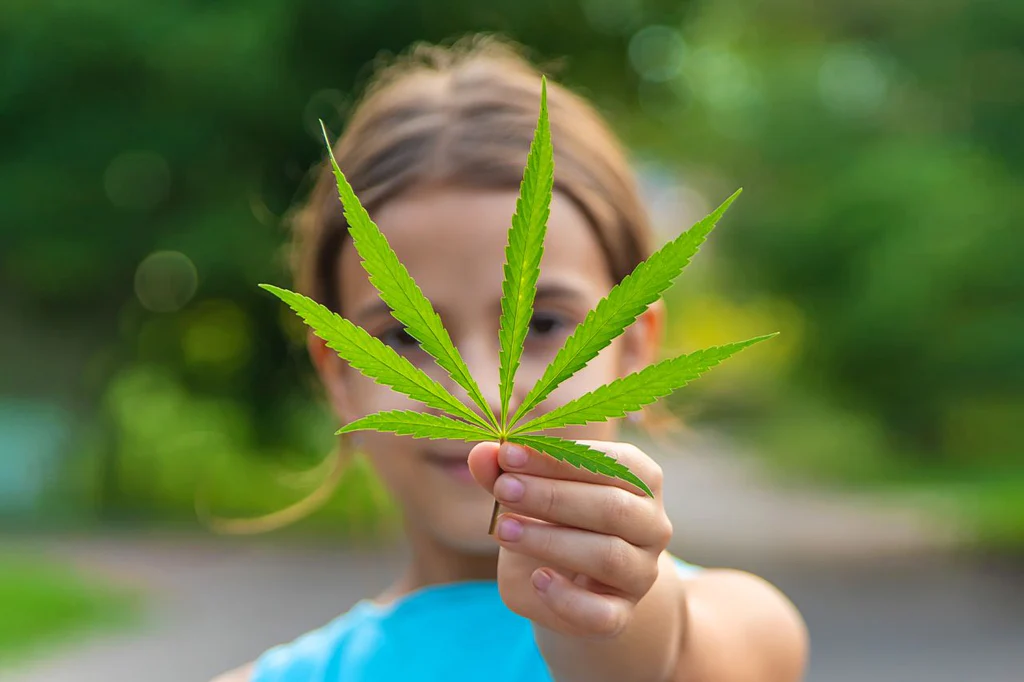Minnesota Opens Cannabis Business License Application Window 14 Months Post Legalization
MINNEAPOLIS, MN – July 26, 2024 – Fourteen months after the legalization of recreational cannabis, Minnesota has initiated the application process for its inaugural batch of cannabis business licenses. The Office of Cannabis Management (OCM) launched the pre-approval phase on July 24, offering social equity applicants a head starts in the burgeoning industry.
Key Developments
Pre-Approval Window Open: The application window will remain open until August 12, 11:59 pm. During this period, qualified applicants—including veterans, farmers, residents from disadvantaged areas, and individuals with past cannabis possession or sale convictions—can submit their applications for a chance to obtain one of the limited pre-approved licenses.
Social Equity Focus: The pre-approval process is designed to give social equity applicants an “early mover advantage,” enabling them to secure licenses and begin preparations for the official market launch in 2025. This head start includes securing financing, leases, and construction ahead of other applicants who must wait until next year when the final rules are approved.
License Allocation:
- Cannabis Microbusiness: 100 licenses
- Cannabis Mezzo business: 25 licenses
- Cannabis Cultivators: 13 licenses
- Cannabis Manufacturers: 6 licenses
- Cannabis Retailers (Dispensaries): 38 licenses
- Cannabis Wholesalers: 20 licenses
- Cannabis Transporters: 20 licenses
- Cannabis Testing: 50 licenses
- Cannabis Delivery: 10 licenses
Expert Insights
Charlene Briner, interim director of the OCM, remarked, “The opening of the application preapproval window is another important milestone in building Minnesota’s cannabis industry. We continue to encourage potential applicants to carefully review and use the resources we’ve provided on our website to submit their application.”
Broader Implications
This pre-approval process marks a significant step forward for Minnesota’s cannabis industry, particularly for social equity applicants. By providing these applicants with an early advantage, the state aims to foster a more inclusive market and offer a fair opportunity for small businesses and individuals historically marginalized by previous cannabis laws.
Although obtaining a pre-approved license does not immediately permit the sale of marijuana flowers and products, some cultivators may begin growing commercial crops this fall, contingent on additional approval from local governments and adherence to existing medical cannabis regulations.
Conclusion
The launch of the pre-approval window for cannabis business licenses in Minnesota represents a crucial milestone in the state’s journey toward a regulated and inclusive cannabis market. By prioritizing social equity applicants and establishing a transparent application process, Minnesota is setting a precedent for fair and responsible industry growth. As the regulatory framework continues to evolve, this early phase offers a promising glimpse into the future of Minnesota’s cannabis industry.



